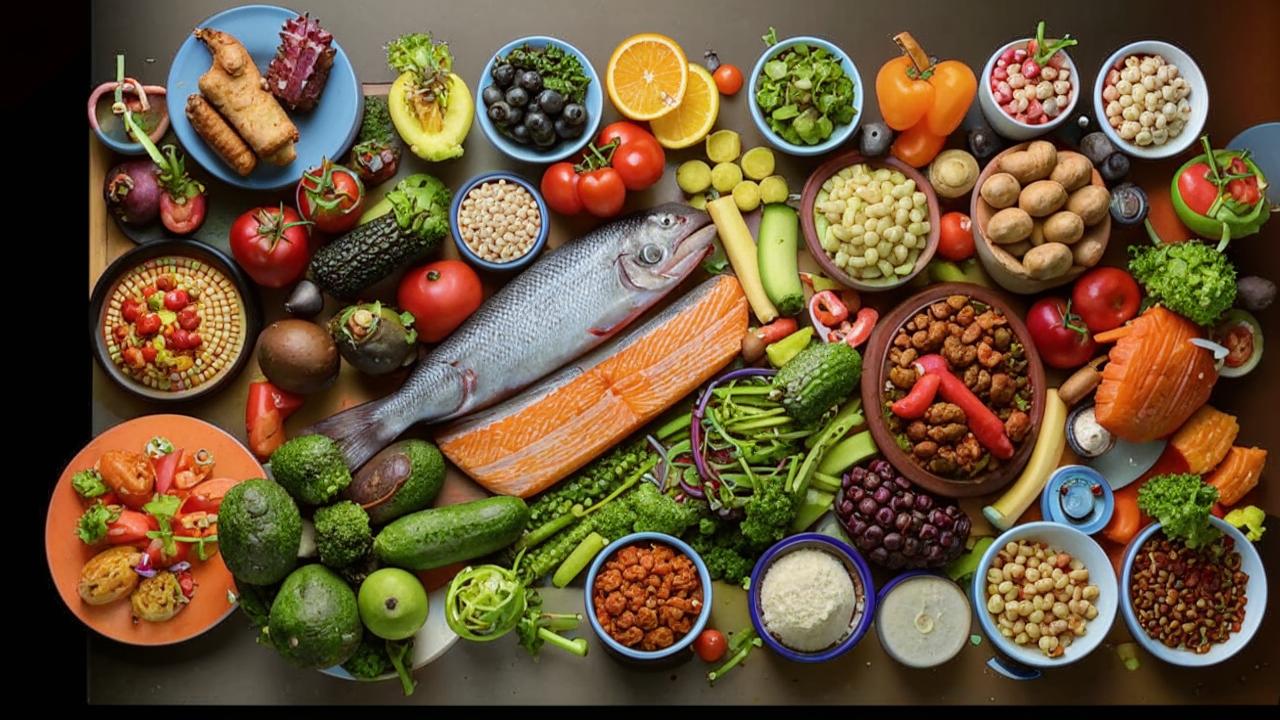Mindfulness test: how quickly can you find the junk food in a HEAVY food photo?

The best score in the edit is five seconds. Can you beat it?
Good nutrition enhances physical and mental health, prevents the development of many chronic diseases, and improves quality of life. While healthy food is fundamental to our well-being, some foods should be eliminated from our diet because they can be harmful to the body.
Good food provides the body with all the necessary nutrients such as vitamins, minerals, proteins, fats and carbohydrates. It helps to normalize metabolic processes, maintain weight, immune system and energy balance.
Proper nutrition has also been linked to improved brain function, reduced risk of cardiovascular disease, diabetes, obesity and certain cancers.
However, there are some foods that should be limited or eliminated from the menu altogether because they are high in sugar, salt, saturated fats and artificial additives.
Mindfulness test
We suggest taking a mindfulness test. Look at our still life. Among the useful products on the table were those that will not eat adherents of healthy lifestyle. Hint: they are fries, burger and chips.
And while you are looking, we will tell you how to distinguish between harmful and healthy food. It’s not such an easy task, but there are a few basic principles that will help you make more informed choices:
- Define a goal. For example, if you’re aiming to maintain a healthy weight, healthy foods for you will be those that are rich in nutrients and low in calories. Harmful ones are easy to calculate: they are high in sugar, salt, and saturated fat.
- Study the nutritional value of foods. Read labels on packages to find out the protein, fat, carbohydrate, vitamin and mineral content. A good composition excludes artificial additives, colorings and preservatives. The best choices are vegetables, fruits, nuts, fish, low-fat dairy products and whole grain products.
- Pay attention to cooking methods. Frying in oil, and marinades with lots of salt and sugar reduce the value of a meal. Instead, consider cooking options such as baking, boiling or grilling, which retain more nutrients.
- Control portion sizes. Even healthy foods can become harmful if consumed in large quantities. Try to stick to recommended portions and add variety to your diet.
- Take your individual needs and health into account. Some foods may be good for some people but bad for others. If you have any medical problems or dietary restrictions, consult your doctor or dietitian for individualized recommendations.
The answers to the quiz have been highlighted in a circle. How long did it take you to find these foods? Write in the comments!

It is important to remember that a healthy diet is not about restricting or avoiding certain foods, but a balanced approach to making a diet that includes a variety of nutrients needed by the body.






